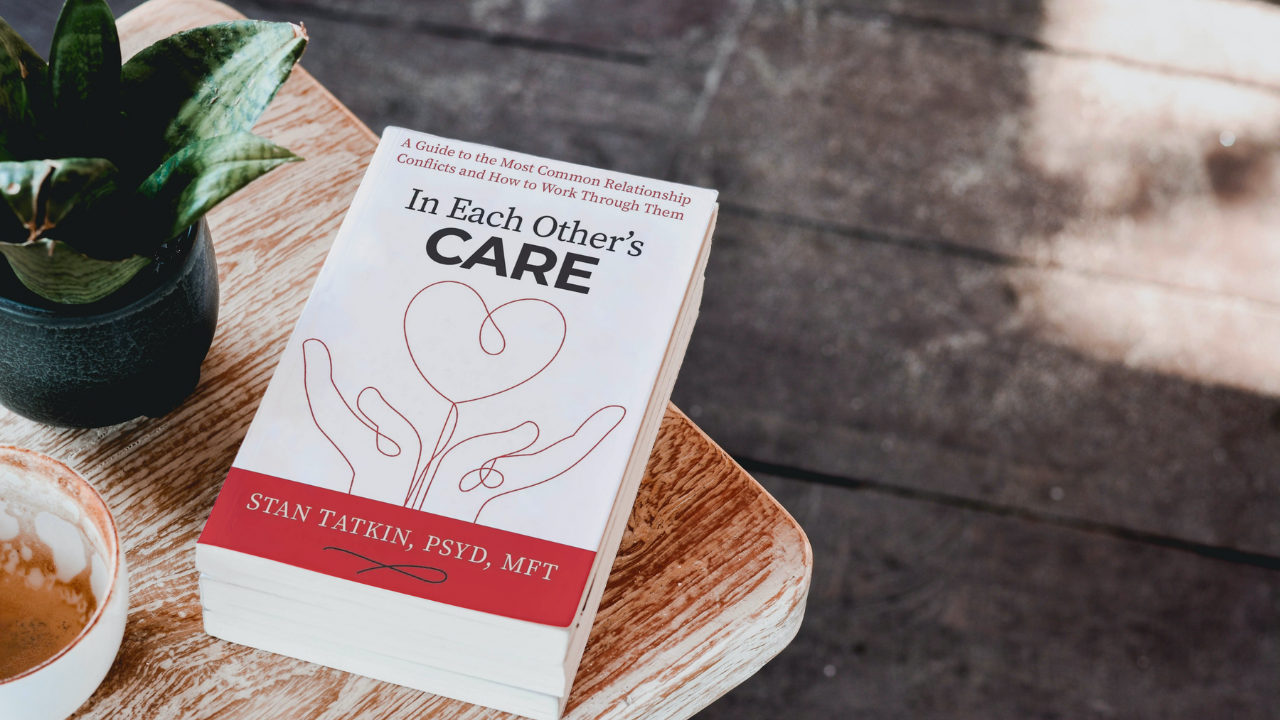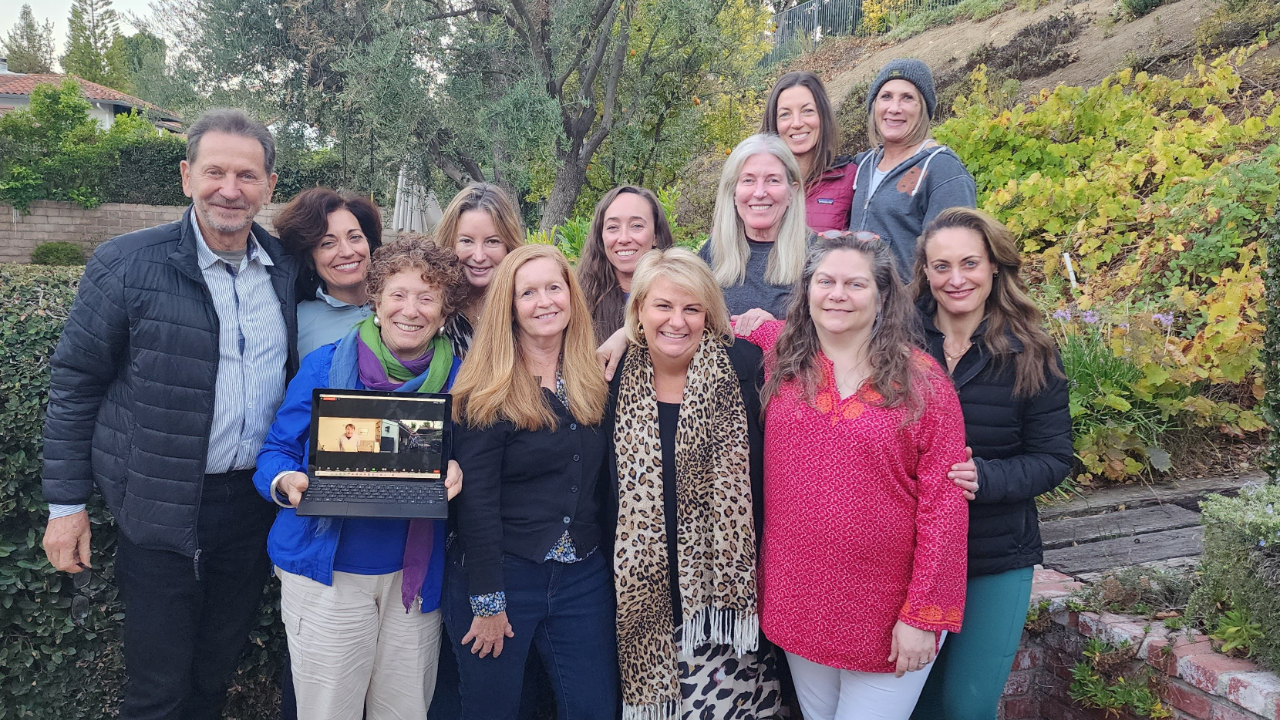By Daniel Scrafford
PACT Level 3 Therapist
In my early professional years, I was asking the question: How can I treat, or cure, or change this person? Now I would phrase the question in this way: How can I provide a relationship which this person may use for his own personal growth?
— Carl R. Roger...
This month, we’re celebrating a new cohort to have earned the distinct title of PACT Certified Therapist. These therapists completed the highest level of PACT training this year, and you may see them teaching classes, offering consultation, or sharing PACT research projects.
We asked them why they ...
As PACT founder Stan Tatkin says, “A daily gratitude practice is a happiness practice.”
And the cultivation of gratitude in your own life can serve as a potent tool to enhance your clients' emotional well-being — and your own.
More than just a platitude, gratitude has the transformative ability to rew...
In place of a blog article this month, we’re sharing a question that a PACT community member posted in the Google Group recently, along with several responses. Both the question and the responses were thoughtful and authentic, and we wanted our larger PACT community to have the benefit of reading th...
By Doris Montalvo Moll
Clinical Psychologist
PACT Level 3 Therapist
Purpose
This work stems from a concern of mine, an initially unarticulated feeling that I have had for some time. This feeling arose during both clinical and nonclinical situations in which I heard statements, such as "I am too depe...
By Nicole McGuffin, PsyD, LPC, BCN
PACT Level 3 Therapist
There is confusion about personality disorders. According to the DSM-5 (APA, 2013) a list of pathological symptoms and traits categorize a diagnosis of Narcissistic Personality Disorder (NPD). The DSM-5 narrowly classifies this group of peopl...
PACT Level 2
It’s inevitable. If you see individual clients, you will work with someone who is struggling in their primary partnership. While we’re prepared to support an individual’s healing process, we have a profession-wide blind spot; few of us are trained to ethica...
by Catherine Seidel, LMFT
PACT Level 3 Therapist
This paper presents the application of PACT couple therapy principles to a guided couple experience with horses. Four couples were given the same instructions and tasks in two-hour equine-assisted sessions. Several PACT exercises were applied verbatim...
PACT Level 3 Therapist
As PACT therapists, we play a significant role in supporting our couples toward secure-functioning relationships. We can also play an essential role in contributing to the growth of psychology, psychedelics, and work with couples. This paper is my observ...
Excerpted from In Each Other's Care: A Guide to the Most Common Relationship Conflicts and How to Work Through Them by Stan Tatkin, PsyD, LMFT (Sounds True, 2023)
My friends, most love relationships do not last exceptionally long. There are a good many reasons for this. Let’s start at the very top ...
This month, we’re celebrating the first group to have earned the distinct title of PACT Certified Therapist by completing the highest level of PACT training.
You may see them teaching classes, offering consultation, or sharing PACT research projects.
We asked them what the Certification process w...
PACT Level 3 Therapist
“I’m still not comfortable,” says Sam, jiggling his foot.
Sam and Sandra came to couples therapy because they can’t communicate. I start them in each session with a typical Psychobiologic Approach to Couples Therapy (PACT) [1] mutual eye-gazing exercis...













